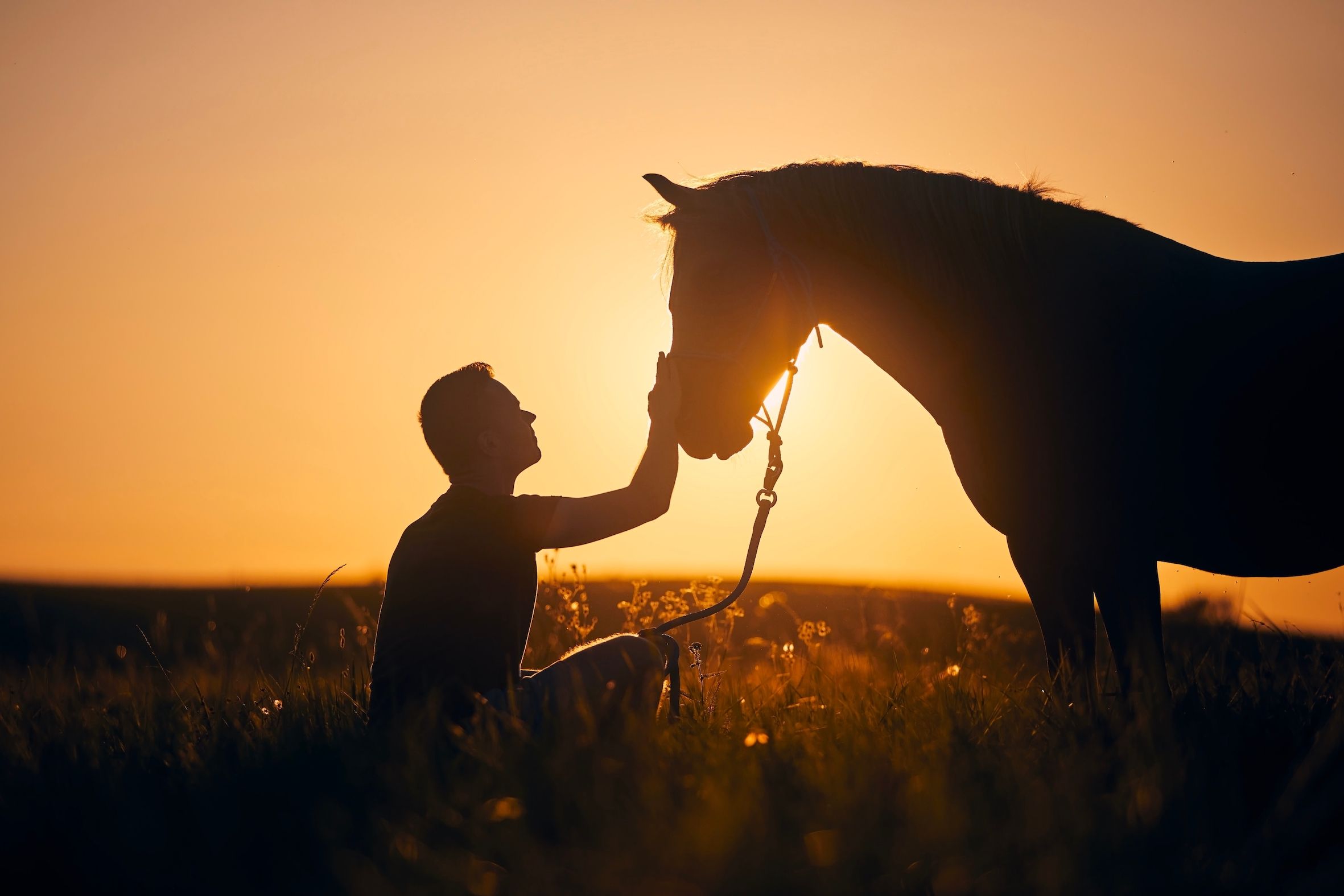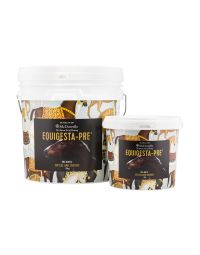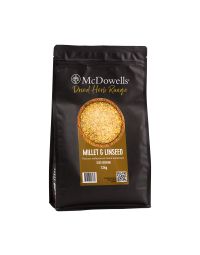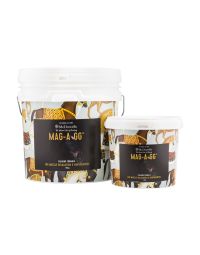Horses can sometimes display behaviours that puzzle their owners - like eating dirt, mud, or even manure. While alarming at first, these actions often signal underlying needs, either physical or emotional.
At McDowells Herbal, we believe that by understanding these behaviours through a holistic lens, we can support the whole horse.
Physical Needs: Seeking Missing Nutrients
When a horse begins eating unusual substances, it’s often their way of seeking out something that is missing from their diet. Like pregnant women who crave odd foods due to shifting nutritional needs, horses are instinctively self-medicating. In the wild, they would roam and forage a diverse range of grasses, herbs, and minerals to meet their needs. In a domestic setting, their access to this natural pharmacy is restricted.
One of the most common reasons for dirt- or manure-eating is a deficiency in minerals or trace elements - especially salt. Adding a high-quality salt lick or incorporating pink rock salt into their feed can often make a noticeable difference.
A natural diet
To support your horse’s nutritional wellbeing, we suggest a clean, balanced, and natural diet. This might include:
- Speedi-beet
- Wheaten chaff (white chaff)
- Rice bran (for additional fat and topline condition)
- 1 cup of crushed millet and linseed
- Mag-A-GG (a calming magnesium supplement)
- Kelp (5g per feed)
- Equigesta-Pre (50g per feed)
- Rock salt
- Low-GI hay or access to native pasture 24/7
If your horse is consuming manure, this may be an attempt to repopulate their gut microbiome - particularly after stress, illness, medication, chemical worming, or overtraining. Rebuilding the gut flora with supportive herbs and prebiotics can help restore digestive health and balance.
Emotional Needs: Is It Stress-Related?
Sometimes, repetitive or unusual behaviours may stem from emotional tension rather than nutritional imbalance. Similar to wind-sucking or crib-biting, eating dirt or manure can be a self-soothing behaviour.
Ask yourself:
- Is your horse generally anxious, nervy, or highly strung?
- Is your horse receiving enough mental stimulation, turnout, and social interaction?
- Does it show signs of boredom or stress when confined or alone?
Restricting the behaviour with a muzzle may not be the best approach, as it can increase frustration or nervous energy. Instead, consider gentle support for the nervous system to reduce the underlying stress.
At McDowells, we offer several herbal formulas that can assist, including calming tonics and nutritional support to stabilise emotional responses.
McDowells Herbal Recommendations
Kelp is one of nature’s richest sources of essential minerals and vitamins. It supports healthy coat, hooves, and thyroid function, and acts as a hormonal and nervous system regulator. Its high iodine content, along with over 30 other trace minerals, makes it a wonderful general tonic.
Ground Millet and Linseed - Millet is a rich source of organic silica, important for strong connective tissue and skeletal health. Linseed (flax) provides essential fatty acids like Omega-3 and Omega-6, supporting joint health, skin, and digestion.
Equigesta-Pre combines herbal powders, brewer’s yeast, and bentonite clay to support a healthy digestive system. Acting as a natural prebiotic, it helps establish beneficial intestinal bacteria—crucial after stress or medication.
Mag-A-GG is a calming formulation that blends magnesium oxide, brewer’s yeast, chamomile, and dandelion to support nervous horses. It aids in muscle relaxation and stress relief, while providing B vitamins and trace minerals necessary for nerve and metabolic function.
Final thoughts
Unusual eating behaviours are your horse’s way of telling you something. Whether it’s a missing mineral, an imbalanced gut, or underlying stress, the body communicates through action. Instead of simply stopping the behaviour, we aim to understand the cause - and respond with natural, supportive care.
Every horse is unique. If your horse is showing signs of unusual behaviour or digestive distress, we invite you to reach out.
We offer free consultations to help tailor a personalised herbal program that meets your horse’s individual needs.



